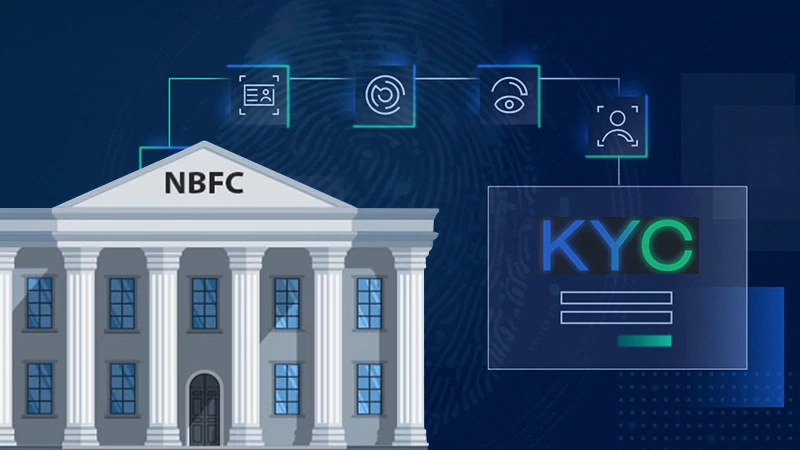10 Credit Score Myths: List of Credit Myths you Should Know About
A credit score is a three-digit number that tells lenders how good of a risk you are. It comes from your history, which includes the length and types of credit accounts you’ve had in the past. The higher your credit score, the better it looks to all of Syracuse, NY and other financial institutions. However, many people have misconceptions about what affects their credit scores or what constitutes a “good” or “bad” one. In this blog post, we will talk about ten common myths that people believe about their credit scores!
Myth 01: You Need to Pay Your Credit Card Bill in Full Each Month for a Good Score
While it’s true that the amount of debt you have and how often you make payments on time will affect your credit, paying off your cards in full at all times won’t necessarily improve things much. What really counts is whether you pay the monthly payment on time and how much debt you have. If your credit card isn’t charging any interest because of a balance transfer offer or other reason, then it’s not even necessary to worry about this myth!
Myth 02: You Should Permanently Close Unused Credit Cards for an Increase in Score
It may seem like closing unused credit cards would be a no-brainer for people looking to improve their scores, but the truth is that this can hurt your score if you have too few open accounts. It’s best to keep at least one or two of them open and don’t close them unless you’re sure it won’t affect anything else about your credit.
Myth 03: You Need a Car for your Credit Score to Go Up
While it’s true that owning a car can help you build your history, the truth is that having one isn’t necessary – many people who don’t own cars have high scores. Of course, if you want or need to buy a new vehicle, you should do so to maintain your car loan and keep the credit history fresh.
Myth 04: You Need a House for your Score to Go Up, Too
Just as owning property can help build a credit history if you have a mortgage or other type of home equity loan, it’s not necessary either – many people still have high scores without the responsibility of owning a house.
Myth 05: You Need to Keep your Credit Card Balances Low for a Higher Score
Some people feel like they can’t build their credit history if they don’t use up all of their available limits, but this is untrue! Unless you’re paying an exorbitant amount in interest each month, maintaining a balance of about 30% is okay for most people – so long as you’re paying it off on time.
Myth 06: You Need to Have an Outstanding Credit History to Get a Good Score
Many people believe that unless they’ve had perfect payment histories their whole lives, then there’s nothing they can do to improve their score. In reality, it only takes a few good months of timely payments for you to show improvement in your credit scores – so don’t give up hope!
Myth 07: You Need to Max Out your Available Credit Card Limits If you Want a High Score
Another myth is that the more available credit you have, the better your score will be. The truth is that other factors like paying off your bills on time and not being overextended with debt are much more critical for a high credit rating. If you’re worried about this myth, it’s best to ensure that you always pay in full each month so as not to owe the credit card company anything.
Myth 08: You Need High Credit Limits to Have a Good Score
This myth is the opposite of one of our previous ones – some people think that if they don’t have any available credit, their scores will be bad because banks won’t lend them money! In reality, your limit doesn’t matter as much as your payment history and credit utilization.
Myth 09: You Need to Have a Low Debt Percentage for a Good Score
Some people think that if they owe a lot of money, their scores will be poor! In reality, this isn’t true either – it’s actually your credit utilization that counts.
Myth 10: You Need to Have a “Credit Score” to Get a Good One
Many people don’t even know what their credit scores are and still manage to maintain high ones! The truth is that as long as you’re paying off loans on time each month, then your credit score will be increased.
Follow Us
Latest Post
















